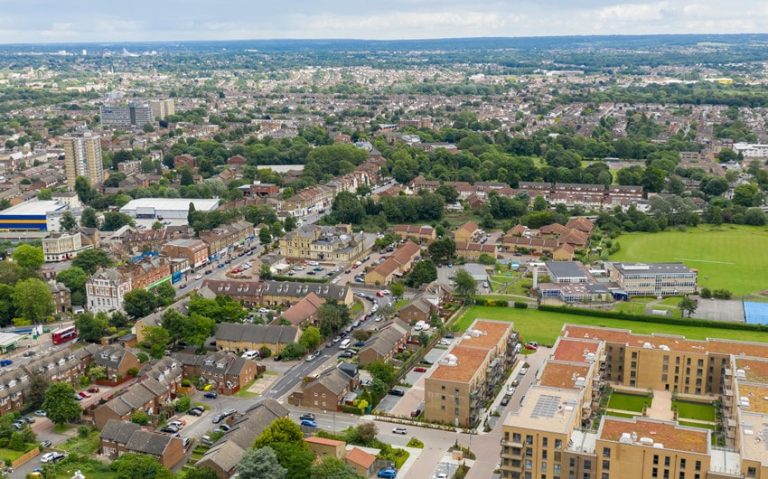Adapting on the Fly: How Modern Parents Handle Change
Life often throws unexpected changes and challenges at parents. From welcoming a new baby to moving house, dealing with job loss or health issues, modern families in the UK have had to become more agile and adaptable to navigate life’s twists and turns. This article delves into how today’s parents handle change and build resilience while keeping their families strong.
1. Being Flexible and Rolling with the Punches
Flexibility is key for parents adapting to change. When plans suddenly shift or new circumstances arise, having an open mindset enables families to roll with the punches. Rather than rigidly sticking to routines, modern parents understand plans may need adjusting.
Whether a work emergency arises or a child’s sport is cancelled last minute, agile parents take setbacks in stride. Building in extra margin and breathing room can help families withstand disruptions. Modern parents aim to hold plans loosely and avoid overscheduling. Shifting priorities quickly and focusing energy where needed most helps families thrive amidst change.
2. Adapting to Children’s Changing Needs
A key way modern parents adapt on the fly is by adjusting to children’s evolving needs. As children grow, their needs shift, requiring flexible thinking and routines. When a new baby arrives, parents adapt to sleepless nights and adjusting schedules. As toddlers explore their independence, parents must creatively childproof and supervise. School-age children need support with homework, while teens need more trust and freedom. Along the way, parents gain life skills and resilience.
For parents involved in family fostering, adaptability is especially crucial when new children enter the home, each with unique needs requiring patience and understanding. All parents must flexibly shift gears as children mature. By tuning into each child’s needs, modern parents ensure healthy development amidst life’s changes. With insight and adaptability, parents help children feel secure while giving them room to grow.
3. Adjusting Attitudes and Mindsets
Adapting successfully often requires adjusting attitudes and mindsets first. Maintaining a solutions-focused perspective allows parents to see change as an opportunity for growth, not just a burden. Cultivating optimism and emotional resilience helps families navigate challenges without being weighed down. Humour relieves stress when plans go sideways. Modern parents make peace with imperfection – laundry may pile up, but the family adapts and carries on.
Letting go of rigid expectations creates space for families to adjust. A willingness to ask for help when overwhelmed enables parents to cope. Supportive communities give families strength during transitions. Adaptability comes from within.
4. Building Family Flexibility
At its core, families provide the stabilising force that helps modern parents adapt to change. Investing in family relationships cultivates resilience and flexibility. Simple rituals like shared meals, reading together, and weekly movie nights create continuity amidst external change. Regular dedicated couple time preserves partnerships strained by shifting circumstances. Intentional one-on-one time helps parent-child connections withstand the winds of change.
Open communication creates a safe environment where families can express fears, frustrations, hopes, and dreams during challenging times. Flexible families bend but do not break because love binds them together.
Change is inevitable, but modern UK families continue adapting and thriving thanks to flexibility, resilient mindsets, and strong family foundations. While change can be challenging, it also presents opportunities for growth, deeper connections, and gaining new strengths as parents and families. With openness, compassion, humour, and unity, resilient families handle life’s transitions and emerge better equipped-for whatever lies ahead.







